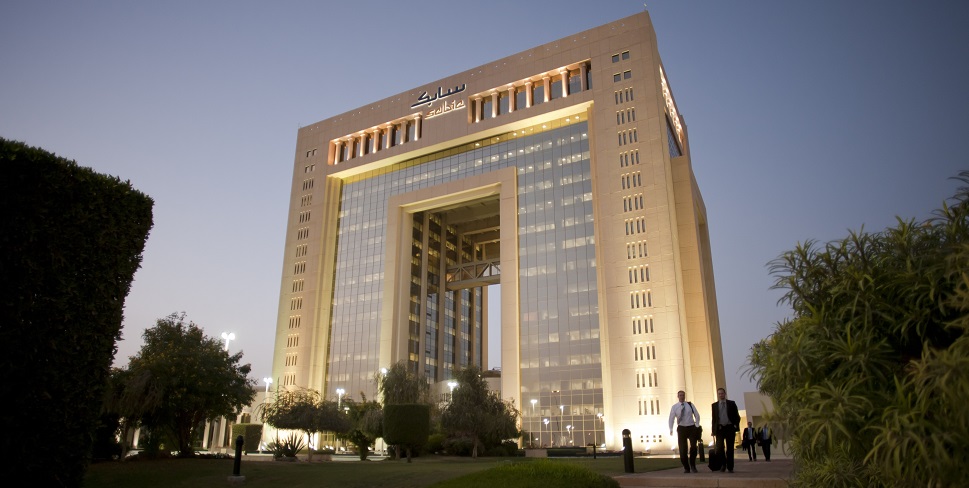
Saudi Aramco reached an agreement last week to buy a 70 percent stake in Sabic, one of the worlds largest chemical companies.
The proposed $69 billion transaction is part of Aramcos ongoing effort to expand its downstream and petrochemicals businesses. Both companies supply a variety of chemicals used by the lubricants industry.

Photo courtesy of Sabic
Sabic’s global headquarters in Riyadh, Saudi Arabia. Saudi Aramco reached an agreement last week to buy a 70 percent stake in Sabic, one of the worlds largest chemical companies.
On Monday, five days after the deal for Sabic was announced, Aramco published a prospectus for a $10 billion bond sale that would partly finance its acquisition. In the prospectus the state-run oil company reported profits of U.S. $111 billion for 2018, which would make it by far the largest company in the world.
Long the worlds largest oil producer, Aramco has worked in recent years to expand its downstream operations in order to reduce its exposure to volatile crude oil prices and to shift its business toward value-added products. From 2016 to 2018, the portion of revenue derived from its downstream operations jumped from 28 percent to 39 percent even as revenue from upstream operations more than doubled.
[T]he company believes that diversifying its operations and capturing value across the hydrocarbon chain will expand its sources of earnings and reduce exposure to the volatility of crude oil prices, Aramco said in its prospectus.
The lubricant industry is hardly the focus of Sabic or Aramcos chemicals operations. Both supply much greater amounts of basic petrochemicals and large-volume chemicals such as plastics and rubber, along with their building blocks.
But Riyadh-based Sabic, which has production facilities on several continents, makes triethanolamines, which are used as chelating agents in metalworking fluids, diethanolamines, which are used in metalworking fluids as corrosion inhibitors, and monoethanolamines, which are used in other types of lubes.
It also makes a variety of fatty acids, including some that are used as corrosion inhibitors or detergents in lubricants and metalworking fluids, as well as other applications. It makes OXO alcohols such as 2-ethylhexanol, which is used in lubes and other applications, and it supplies basic chemicals such as benzene and glycol that can be used to make numerous substances, including some used by the lubricants industry.
Aramcos chemicals operations are divided among joint ventures with refining giants such as ExxonMobil, Shell and Sinopec. Petro Rabigh, a joint venture with Sumitomo Chemical in Saudi Arabia, makes propylene oxide, a building block for many materials including polyalkylene glycol, which is used to make fuel additives and lubricants, and propylene glycol, which can be used in the manufacture of hydraulic fluids. It also makes benzene and phenols, which can be used to make antioxidant and antiwear lubricant additives.
Sadara Chemical, another Saudi Arabian joint venture with Dow, makes mono- and triethanolamines, propylene glycol along with di propylene glycol, which is used in cutting oils; diethylenetriamine, used to make lubricant additives; and ethylenediamine, used to make corrosion inhibitors, chelating agents and fungicides. Satorp, a joint venture in Saudi Arabia with Total, also makes benzene.
Sabic, which has been rated by several news organizations as among the five biggest chemical companies, is currently owned by Saudi Arabias Public Investment Fund. Aramco said it would complete the acquisition of its 70 percent stake in 2021. It expects the agreement to be finalized next year.
Aramco said Sabic will continue to be listed on Saudi Arabias Tadawul capital market but that it would tap Sabics expertise to help its growing chemicals operations. Aramco has equity stakes in a number of refining and chemical companies that operate with general autonomy but that purchase significant volumes of crude oil from Aramco.